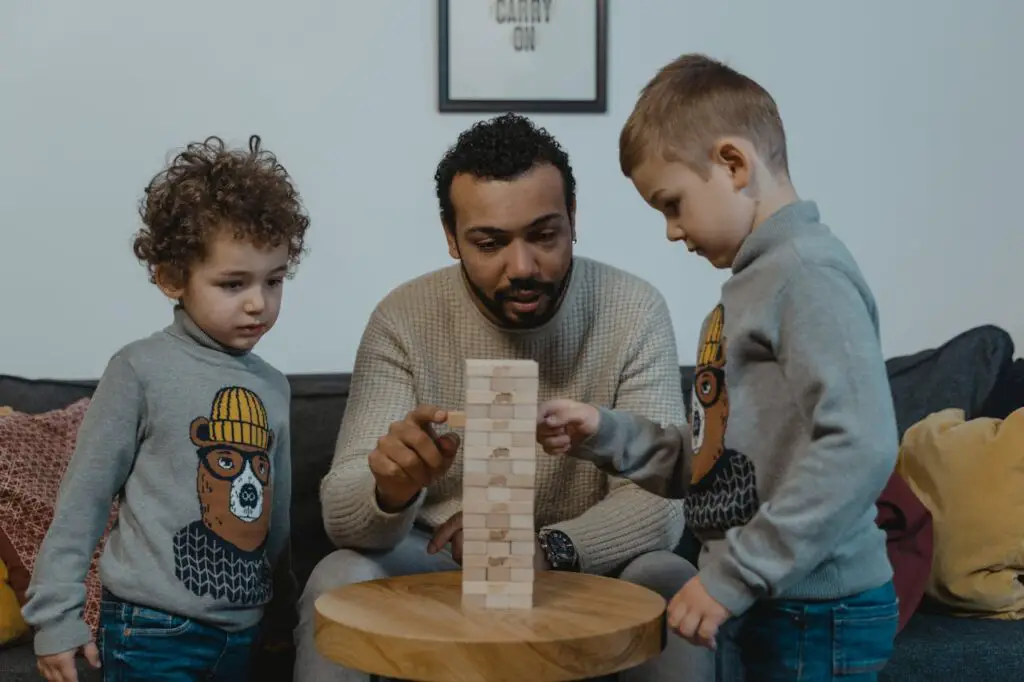6 Must-Know Parenting Strategies That Make a Big Difference

Parenting is one of the most fulfilling roles a person can take on, but it is also among the most demanding. Whether you are raising toddlers or teens, every stage of your child’s development comes with its own set of challenges. The good news is that you do not need to be perfect to be a great parent. What truly makes a difference is your willingness to learn, adapt, and connect with your children in meaningful ways. By applying certain core strategies rooted in emotional intelligence, communication, and consistency, you can foster a healthier family environment and help your children grow into confident and compassionate individuals. These six must-know parenting strategies are not only effective but also transformative when practiced consistently. They go beyond surface-level discipline and get to the heart of building a strong, respectful, and lasting bond between parent and child.
1. Practice Active Listening to Build Trust

One of the most underrated yet powerful parenting tools is the ability to listen—truly listen—to your child. Active listening means giving your child your undivided attention, maintaining eye contact, and reflecting back what they are saying to show that you understand. This simple act can dramatically increase your child’s trust in you, making them more likely to confide in you during difficult times. Children, like adults, want to feel heard and validated, especially when they are navigating emotions they may not fully understand. Even if your child is upset or expressing something you disagree with, resist the urge to interrupt or correct them immediately. Instead, acknowledge their feelings, ask open-ended questions, and reassure them that it is okay to talk about whatever is on their mind. This creates an emotionally safe environment that strengthens your relationship and teaches your child how to communicate effectively with others.
2. Set Consistent Boundaries with Compassion

Children need structure to feel secure, and one of the best ways to provide that is by setting clear, consistent boundaries. However, the key to making those boundaries work lies in your approach. Rather than imposing strict rules with an authoritarian tone, frame your boundaries in a compassionate and explanatory way. Help your child understand the reasons behind the rules so they are more likely to respect them. For example, instead of saying “Because I said so,” explain why bedtime routines matter or why screen time should be limited. Let them know the rules are not punishments but tools to help them grow and stay safe. When boundaries are enforced with patience and empathy, children learn accountability without fear. They begin to internalize the rules and make smarter choices because they understand the benefits and consequences, not just because they are afraid of punishment. This kind of discipline fosters emotional growth, critical thinking, and mutual respect.
3. Encourage Independence and Responsibility

Letting your child take responsibility for their actions, choices, and daily tasks is one of the best gifts you can offer them. From a young age, children are capable of learning essential life skills, and it is important to provide them with opportunities to do so. Start small by letting them choose their clothes, pack their school lunch, or help with simple chores like feeding the pet or setting the dinner table. As they grow older, gradually increase their responsibilities in a way that is appropriate for their age and maturity level. When children are encouraged to be independent, they gain confidence in their abilities and feel a sense of pride in their contributions to the family. Avoid the temptation to micromanage or redo their work, as this can send the message that they are not capable. Instead, offer guidance and support while allowing space for them to learn through trial and error. This teaches resilience, decision-making, and the satisfaction that comes from self-reliance.
4. Use Positive Reinforcement Over Punishment

Children naturally crave approval from the people they love the most, and using positive reinforcement is a powerful way to encourage good behavior. Rather than focusing on what your child is doing wrong, shift your attention to what they are doing right. Acknowledge their efforts with specific praise, whether it is for sharing with a sibling, completing homework on time, or showing kindness to a friend. Positive reinforcement helps build a child’s self-esteem and motivates them to continue acting in ways that earn your approval. It can take the form of verbal praise, stickers, extra story time, or simply a big hug and a “thank you.” This approach is far more effective than punishment in the long run because it fosters intrinsic motivation rather than fear. When children understand the benefits of good behavior and feel proud of their choices, they are more likely to repeat them. Mistakes should still be addressed, but always with a tone of guidance and understanding rather than anger and blame.
5. Model the Behavior You Want to See

Children are like sponges—constantly observing, absorbing, and mimicking the behaviors of the adults around them. This means your own actions, reactions, and words have a greater influence on your child’s behavior than you might think. If you want your child to be respectful, responsible, and compassionate, you need to model those qualities in your daily life. Show kindness to others, apologize when you make a mistake, and manage stress in healthy ways. Even during moments of conflict, how you handle your emotions teaches your child how to handle theirs. Demonstrating empathy, honesty, and patience sets a powerful example that your child will naturally follow. When children see these traits in action, they are more likely to adopt them because they view them as normal and valuable. It also creates consistency between what you say and what you do, which builds credibility and trust. The more intentional you are about modeling positive behavior, the more those values will take root in your child.
6. Prioritize Quality Time and Emotional Connection

In today’s fast-paced world, it can be easy to get caught up in busy schedules and miss out on genuine moments of connection with your child. However, even a small amount of quality time each day can make a significant impact. Prioritizing this time shows your child that they matter and helps build a strong emotional foundation. You do not need elaborate plans or expensive outings—just consistent, meaningful interactions. This could be anything from cooking dinner together to taking a short walk, playing a board game, or simply sitting down and talking about their day. During these moments, put away your phone and give your child your full attention. These times of connection help your child feel secure, loved, and understood. Emotional closeness not only enhances your relationship but also supports your child’s mental and emotional development. Children who feel connected to their parents are more resilient, confident, and better equipped to handle life’s challenges.
Final Thoughts

Parenting is a journey that comes with ups and downs, triumphs and challenges, but the strategies you use along the way can make a world of difference. These six parenting strategies—active listening, compassionate boundaries, encouraging independence, positive reinforcement, leading by example, and prioritizing quality time—are grounded in respect, empathy, and intentionality. They are not about achieving perfection but about cultivating a home environment where your child feels safe, valued, and empowered to grow into their best self. The real power of these techniques lies in their consistency and authenticity. When practiced with love and patience, they transform not just your child’s behavior but also the bond you share. By focusing on connection over control, and growth over correction, you can raise emotionally intelligent, resilient, and confident children who are prepared to thrive in the world.
Leave a Reply